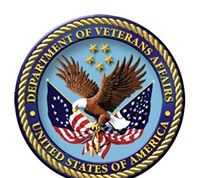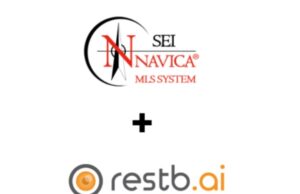Master the Reserve Study and Make Your Association Successful
Anytime soon, the budget season is going to start again. Each association is now going to require various levels of involvement from its board for the budgeting process. Even though a professional community association manager is going to assist you especially when getting started, it is also important for the boards to see to it that that manager is able to understand the long-term vision of the community by being able to share any future plans so that the community is not going to encounter any unexpected financial conundrum. There is where having a well-researched reserve study comes in handy as this is going to be one of the most important investments that the community is going to make.
It is but true that the reserve study is the unsung hero of successful community associations and if you have not heard about it yet, or you still need to know more about this, then this article is going to help you get a background about reserve study.
What is a Reserve Study?
For starters, a reserve study is an assessment of all of the common elements of the community. This is going to include inspection and analysis of the remaining useful life of the items that are in the community which the association is responsible for maintaining, like roofs, concrete, mechanicals, fencing, and many more.
Most of these reserve studies are covering 20 to 30 years’ worth of projects. And then, after having this information assessed, there will be a funding plan that is going to be created in order to estimate the cost for the replacement of these items once it has reached the end of its useful life. This will also include what the community should be saving yearly so that it can afford the work when such work is needed. The independent engineer’s inspection is also going to play an important role for the obvious reason that an engineer can be able to point out potential problems that a homeowner or a general maintenance vendor does not have the expertise to see such. Furthermore, the opinions of these independent engineers are also going to provide support for the decision of the board.
You will know that you have a good reserve study on hand if it can be able to help you in predicting the financial future of your community and be able to avoid potential problems in funding. It is also crucial for the board to take an active role during the reserve study process. This is because as there are many tasks at hand in life, the more that you are putting yourself into it, the more you will be getting out of it. So, even though a community manager has already worked with an association for quite a number of years, they will still not have the same knowledge base as the board member who has already lived onsite since the community was built.
The insights that come from historical resources are particularly helpful especially if you are having the first reserve study for your community. Thus, once some of the information of the community have been memorialized in your community’s reserve study, you also have a great resource that future boards and managers of the community can easily access when they are going to plan projects and budgets.
Just like that of your annual budget, the reserve study will serve as a guide and not a hard and fast commitment to your community’s projects. Most of the time, the board will find the need to do some work sooner than what is being forecasted in the reserve study, and there are also works that may be postponed. This just means that a reserve study should be one that is up to date, especially after a large project has just been completed in order to make sure that the reserve funding will stay on track.
Actively Participate and Get the Most Out From Your Reserve Study
- You can start actively participating by being able to attend to inspections with the reserve engineer, and see to it that they will be able to understand everything that your community is responsible for. Thus, you should also be able to understand the parameters so that it will work. This is the perfect time for you to review your governing documents and also with the possibility to consult with your community’s legal counsel to make sure that everything is well accounted for.
- The next thing that you should do is to review your community’s history. Thus, your community manager should be able to pull old contracts and financials in order to tell you when you have last completed a project and how much did such project cost during that last time you painted, replaced the boiler, or did some other works. You should also be able to recall as to whether a vendor has advised you that there is something that is going to need more than just the removal and replacement or basic repairs like a defect in the building, or missing weep holes around the windows, or which is going to need fixing when you will do tuckpointing. It is also important to determine as to whether there have been recent legal changes in your area which will require you to update your fire and life safety systems before these reaches the end of their useful lives.
- Lastly, you should be able to discuss the future and have it included in your list of “wants” as well as your “needs.” Determine whether you will want to replace the wood fence with vinyl or decorative aluminum, or if you want to change the paint colors that may require you to have two or more coats of paints instead of just one, or if there is a high-efficiency option that needs to be considered when you will replace your lighting or HVAC units. In essence, a reserve study is going to normally plan for replacing like with like. And if you know that you will need upgrading, then you should be able to communicate that with your reserve engineer in order to ensure that funds for those plans will be allotted for this work.












